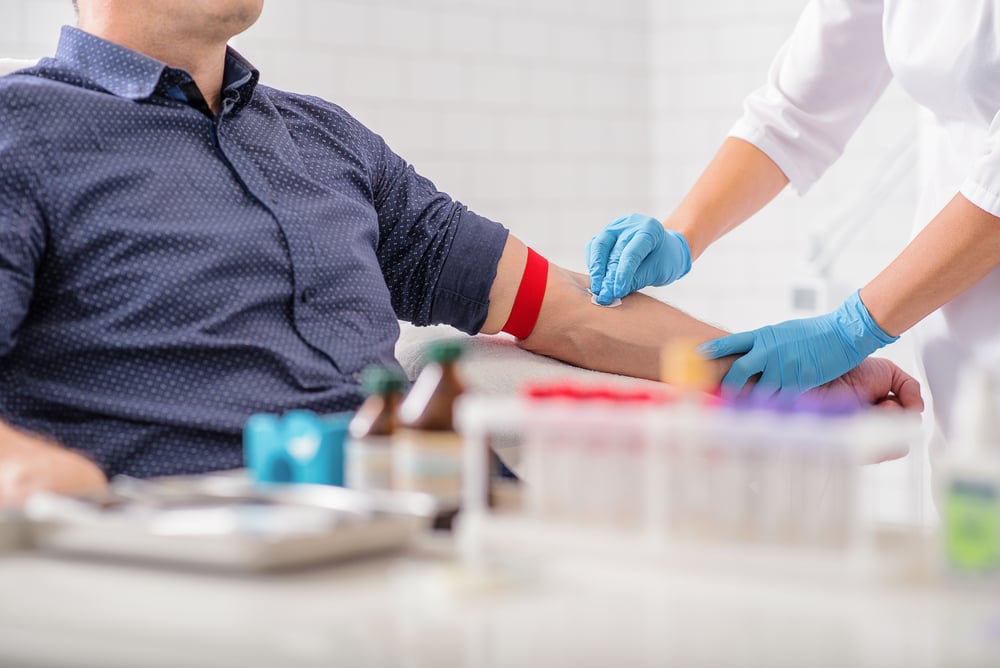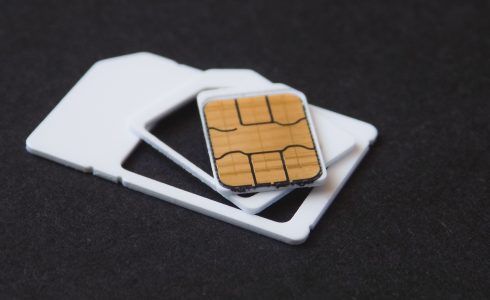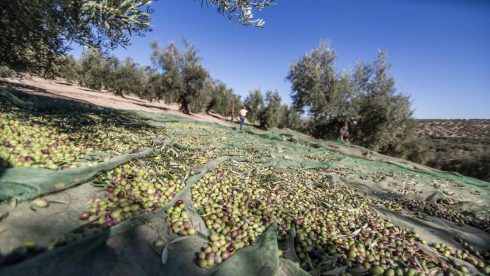ANDALUCIA is facing a potential crisis in its blood reserves as more than half of its current donors are set to reach the age of retirement within the next 25 years.
The Junta de Andalucía is actively seeking an injection of young blood donors aged 18 to 30 to ensure a stable supply in the future.
It has launched a campaign titled ‘Open your heart, donate blood,’ focusing on recruiting young donors and converting them into ‘digital activists.’
These young volunteers are encouraged to use social media to promote blood donation and foster a culture of social awareness among their peers.
The region’s health system depends on voluntary blood donations, a critical resource that cannot be manufactured.
Celebrity endorsements, including Sevilla footballer Jesus Navas and chef Enrique Sanchez, are part of the drive to rejuvenate the donor pool.
The campaign is targeting a return to donation levels pre-pandemic, with encouraging signs already emerging in October’s figures.
In the first half of 2023, Andalusians made 145,437 blood donations, with the majority being whole blood donations.
However, there was a 3.7% decrease compared to the same period last year. The trend indicates an increasing participation of women as new donors, though men still form the majority overall.
Sevilla leads in blood donations among provinces, followed by Malaga and Granada.
The Junta’s mobile units remain the preferred choice for donors, accounting for 82% of donations in the first half of the year.
While the need for blood is constant, not everyone can donate. Potential donors must meet certain health and age criteria.
- Age Requirements: Donors must typically be between the ages of 18 and 65.
- Weight Requirements: Donors usually need to weigh at least 50 kilograms.
- Health Status: Individuals must be in good health at the time of donation. This means not suffering from chronic diseases, acute infections, or having a fever. Anemia is also a disqualifying condition.
- Lifestyle and Risk Behaviors: Practices that increase the risk of transmissible diseases (like HIV, hepatitis, syphilis) can disqualify a person from donating. This includes certain high-risk sexual behaviors and drug use.
- Medication and Treatments: Those taking certain medications or undergoing specific medical treatments may be temporarily or permanently deferred from donating.
- Diet and Physical Activity: Donors should not be fasting at the time of donation and are advised to avoid strenuous physical activity for a certain period before and after donating.
- Frequency of Donation: There are limits on how often a person can donate blood. Typically, men can donate up to four times a year and women up to three times, with a minimum interval of two months between donations. However, plasma donors may be able to donate more frequently, such as every 15 days.
- Travel History: Travel to certain regions with prevalent infectious diseases might lead to a temporary deferral.
- Pregnancy and Breastfeeding: Pregnant or breastfeeding women are usually deferred from donating.
- Recent Tattoos or Piercings: Those who have recently had a tattoo or piercing might need to wait for a specified period before donating.
READ MORE:
- Controversial skyscraper is approved for Spain’s Costa del Sol: 150m tower gets preliminary green light after eight-year battle
- Supermarkets in Spain are locking up OLIVE OIL amid a surge prices and shoplifting
- It’s a Christmas miracle: American couple who retired to Spain preparing to be reunited with pet cat that vanished in 2012








